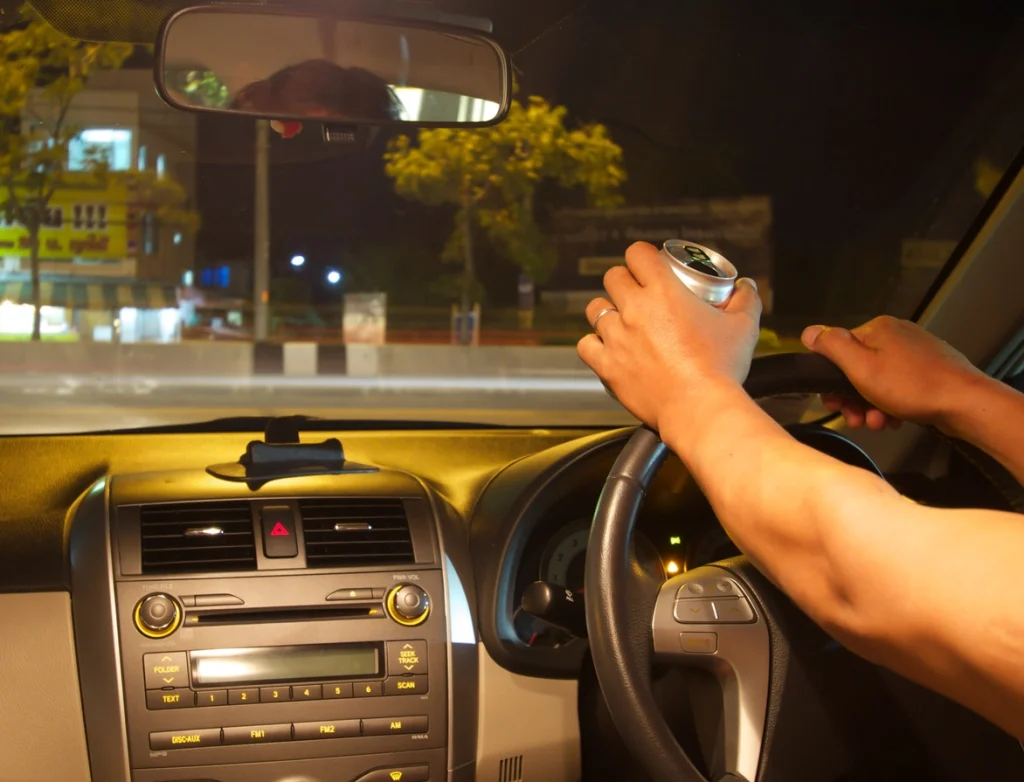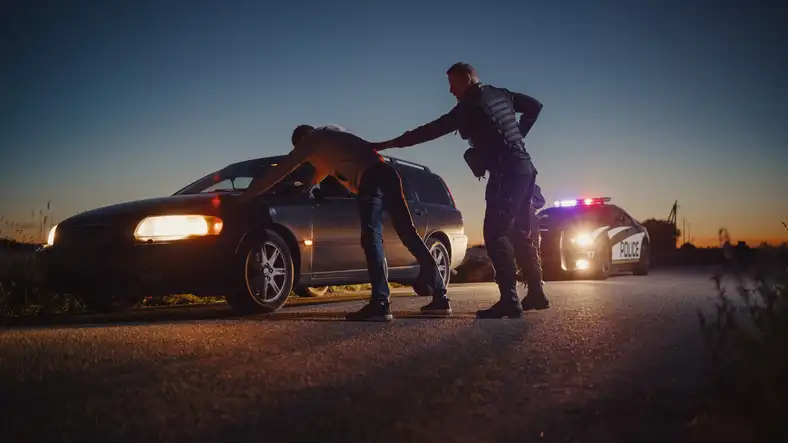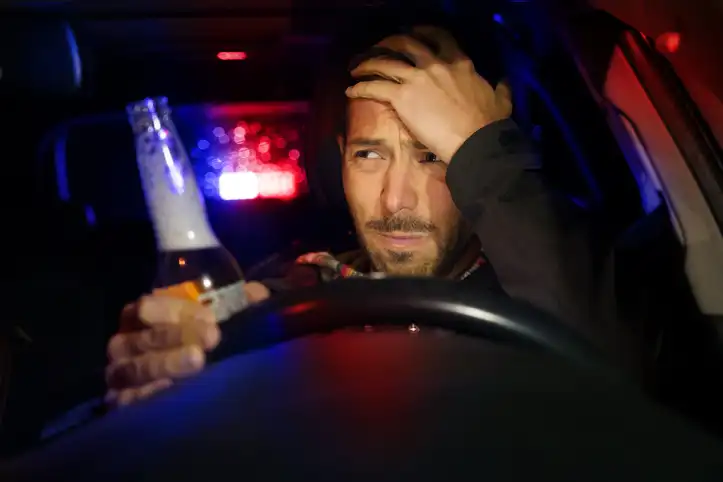Driving under the influence (DUI) is a serious offense in Oregon, and Portland is no stranger to conducting DUI checkpoints. These checkpoints are set up by law enforcement to detect drivers who are operating their vehicles under the influence of alcohol or drugs. While DUI checkpoints are effective tools for law enforcement to deter impaired driving, they also pose significant challenges for drivers who may find themselves at the center of an investigation.
For those facing DUI charges after passing through a checkpoint in Portland, a Portland DUI defense lawyer can be invaluable in ensuring that their rights are protected and their case is handled properly. This article explores how DUI checkpoints work, what your rights are during a checkpoint stop, and how a Portland DUI defense lawyer prepares to handle such cases.
Understanding DUI Checkpoints in Portland
DUI checkpoints, often referred to as sobriety checkpoints, are a key method used by law enforcement to reduce impaired driving. These checkpoints are typically set up during times when impaired driving is most likely to occur, such as during the evening or late at night.
In Portland, these checkpoints are generally planned with the aim to stop drivers randomly for the purpose of determining whether they are under the influence of alcohol or drugs. However, there are strict regulations governing how DUI checkpoints can be set up, and they must adhere to constitutional guidelines to ensure they do not violate drivers’ rights.
Under the Fourth Amendment of the U.S. Constitution, law enforcement officers must have a reasonable basis to stop a driver. However, DUI checkpoints are considered an exception to this rule. Courts have upheld the legality of DUI checkpoints, but only under certain conditions. These include:
- Advance Notice: Law enforcement agencies must give prior notice of the location and time of the checkpoint.
- Neutral and Objective Criteria: The selection of vehicles to stop must be random or follow a neutral, predetermined system (e.g., stopping every third car).
- Proper Signage and Operation: Checkpoints must be clearly marked, and drivers must be informed of their right to turn around before they approach.
Understanding these legal requirements is important for anyone facing charges after being stopped at a DUI checkpoint in Portland.

Rights During a DUI Checkpoint Stop
During a DUI checkpoint stop, drivers have certain rights that must be respected by law enforcement officers. These rights include:
- Right to Remain Silent: You are not obligated to answer any questions beyond basic identification details, such as your name, driver’s license, and registration.
- Right to Avoid Self-Incrimination: You do not have to submit to a search of your vehicle without a warrant or probable cause.
- Right to Leave: If you are not detained, you have the right to leave the checkpoint if it is safe to do so. However, you cannot legally drive away if officers have already initiated a stop or if they have probable cause to detain you.
If you are stopped at a DUI checkpoint in Portland, it is crucial to remain calm and assert your rights without being confrontational. Portland DUI defense lawyers frequently advise clients to remain polite and avoid making any admissions or statements that could later be used against them.
How a Portland DUI Defense Lawyer Prepares Your Case
When you are charged with DUI after passing through a checkpoint in Portland, an experienced Portland DUI defense lawyer can help by evaluating the legality of the checkpoint stop and any evidence gathered during the stop. Here are some key areas where a lawyer will focus:
1. Evaluating the Legality of the DUI Checkpoint
One of the first things a Portland DUI defense lawyer will do is determine whether the DUI checkpoint was set up in accordance with state and federal law. As mentioned earlier, there are strict rules about how checkpoints must be conducted. If the checkpoint was not properly set up, it may provide grounds to challenge the legality of the stop.
Your lawyer will look into several factors, including:
- Whether the checkpoint was announced in advance.
- Whether it was conducted according to a neutral, non-discriminatory system.
- Whether proper signage and warnings were provided to drivers.
2. Reviewing Officer Conduct
A Portland DUI defense lawyer will also evaluate the conduct of the law enforcement officers at the checkpoint. If officers acted beyond the scope of their authority or engaged in inappropriate behavior (such as making excessive demands or illegal searches), this could be crucial in building your defense.

3. Assessing Evidence of Impairment
In DUI cases, much of the evidence used against you may come from field sobriety tests (FSTs), breathalyzer tests, or blood tests. A lawyer will scrutinize how these tests were administered. Key questions your Portland DUI defense lawyer might ask include:
- Was the breathalyzer calibrated correctly?
- Were the field sobriety tests conducted fairly?
- Was there proper documentation for any chemical testing?
In some cases, a Portland DUI defense lawyer may seek to have the results of these tests excluded from evidence if there were any issues with the way they were administered.
4. Investigating the Officer’s Probable Cause
For a DUI checkpoint stop to be legal, officers must have probable cause to believe that a driver is impaired. If you were detained for an extended period without reasonable suspicion of impairment, your lawyer may challenge the stop based on lack of probable cause.
5. Identifying Mitigating Factors
Even if there is sufficient evidence of DUI, your Portland DUI defense lawyer will look for any mitigating factors that may work in your favor, such as:
- No prior criminal record
- Medical conditions that may have contributed to any signs of impairment (e.g., diabetes or neurological disorders)
- The absence of aggravating factors like excessive blood alcohol content (BAC) or reckless driving
6. Negotiating for Reduced Charges or Plea Deals
In some cases, it may be in your best interest to negotiate a plea deal, especially if the evidence against you is strong. A skilled Portland DUI defense lawyer can negotiate with the prosecution for a reduced sentence or alternative penalties, such as attending alcohol education classes or community service instead of jail time.
Conclusion: How a Portland DUI Defense Lawyer Can Help You
DUI checkpoints serve as an essential tool for law enforcement in Portland, but they also present unique challenges for drivers who may face unwarranted charges. If you are arrested after being stopped at a DUI checkpoint, it’s critical to seek the guidance of a Portland DUI defense lawyer as soon as possible. By carefully reviewing the details of your case, your lawyer can identify potential legal defenses, challenge faulty evidence, and ensure that your rights are protected throughout the legal process.

FAQ Section: Common Questions About DUI Checkpoints in Portland
What should I do if I’m stopped at a DUI checkpoint in Portland?
If you’re stopped at a DUI checkpoint, remain calm and provide only the required documents: your driver’s license, registration, and proof of insurance. You are not required to answer questions about where you’ve been or what you’ve been drinking. If you believe your rights are being violated, it’s best to politely ask to speak with an attorney.
Can a DUI checkpoint be challenged in Portland?
Yes, DUI checkpoints can be challenged if they were not set up in compliance with the law. A Portland DUI defense lawyer will review the legality of the checkpoint and any violations of your rights during the stop, potentially leading to a dismissal of charges.
What is the legal blood alcohol content (BAC) limit in Portland?
In Oregon, the legal BAC limit for drivers is 0.08%. However, if your BAC exceeds this limit, you may face criminal charges. There are also lower BAC limits for commercial drivers and underage drivers.
How does a Portland DUI defense lawyer prepare a case for trial?
A Portland DUI defense lawyer prepares by reviewing all evidence, challenging the legality of the stop, questioning the accuracy of any tests conducted, and evaluating any potential defenses. If necessary, they will negotiate for reduced charges or represent you in court.
Can I avoid a DUI conviction in Portland?
While avoiding a DUI conviction depends on the specifics of your case, a Portland DUI defense lawyer may be able to help you avoid a conviction by challenging evidence, negotiating a plea deal, or arguing for a reduction in penalties based on mitigating factors.
Visit here For more information about experienced Portland DUI defense lawyers.
For more details on DUI laws in Oregon, check out this official government page.



